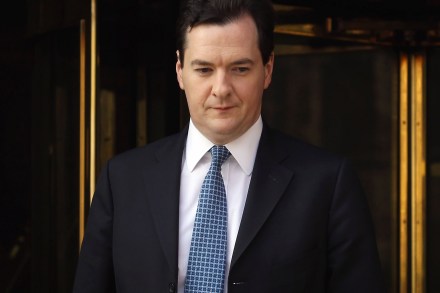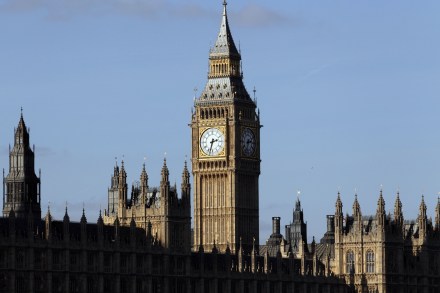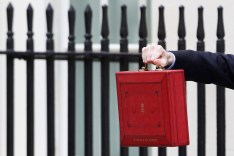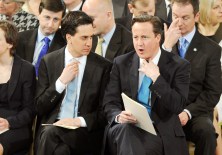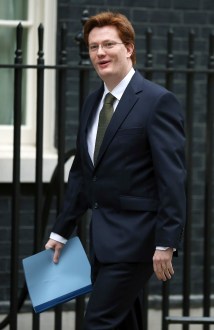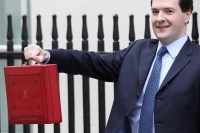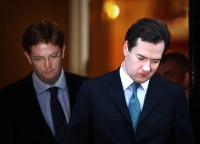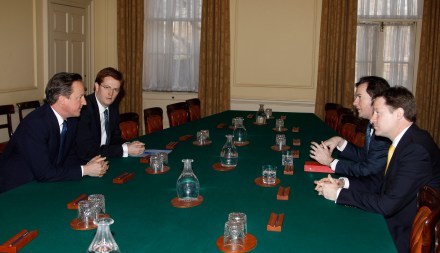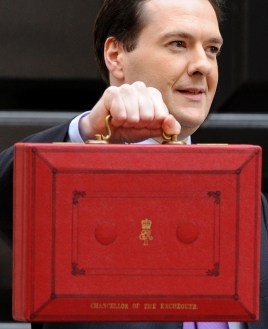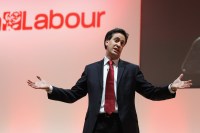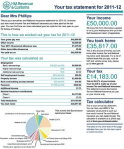Transcript: Osborne defends his Budget
Here’s the full transcript of this morning’s Today programme interview with George Osborne: Evan Davis: If you believe in using the tax system to cut the incomes of those at the top and in using the welfare system to hand money to the poor, then yesterday’s budget was probably not for you. The Chancellor hinted at big further cuts to welfare and he clearly thinks the tax system has gone too far in trying to harvest cash from those at the top. Yes, he’s ironing out some loopholes but for him 50p rates don’t work. Believe him, and the game’s over for those who want government to iron out the
